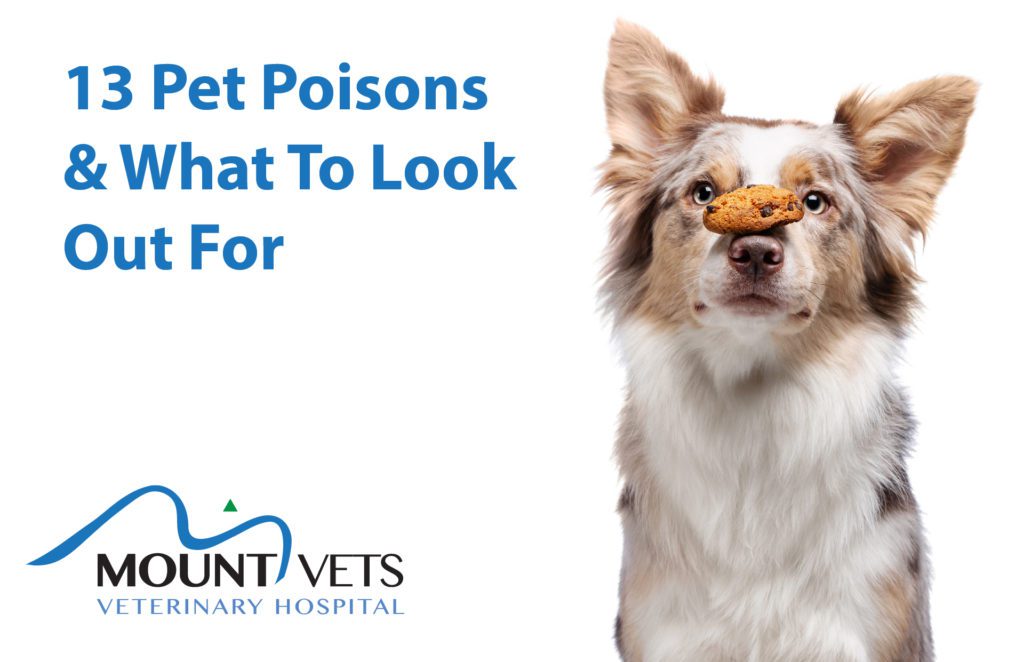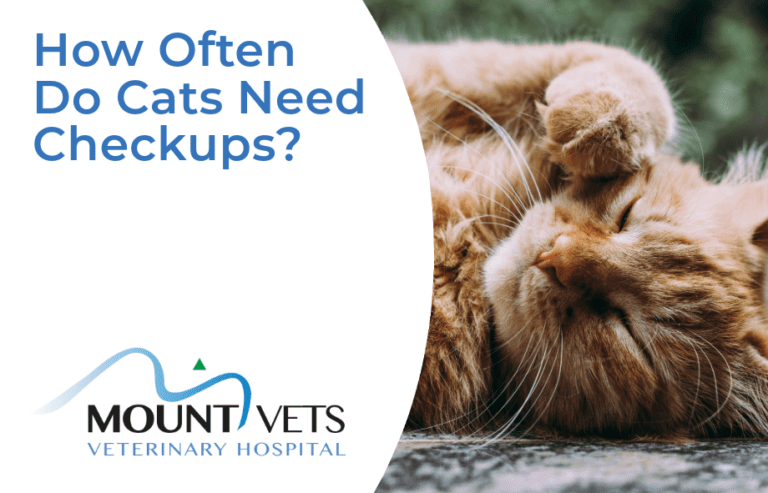As humans, we grew up learning from our parents and teachers what is and isn’t poisonous, what foods are ok to consume and how to identify if something is harmful if we’re unsure. When it comes to pets, however, it can seem like a minefield as to what is and what isn’t poisonous. It’s likely you’ve witnessed a dog or cat consume something toxic, chocolate for example, and yet show no sign of being unwell… “but I heard chocolate was poisonous?”. We have 100s of pets come in each month who have consumed something they shouldn’t have, from a couple of grapes to a whole chocolate cake. We’ve gathered some of the most common pet poisons we see come through the practice to help educate you on what your pets shouldn’t be eating.
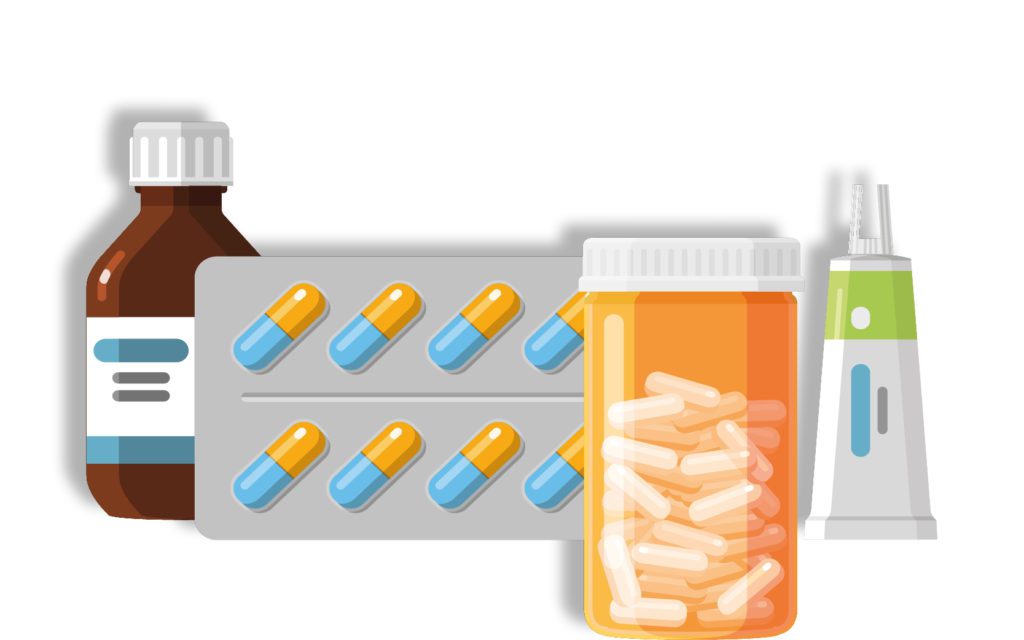
Paracetamol
At the time of publishing, COVID-19 has been dominating the news and people are rushing out to stock up on supplies. Paracetamol, cold and flu medicines and other medications have flown off the shelves and into our homes. Human medication, without the recent incline in our personal supplies, is at the top of the list for the most common cause of poisoning to pets. Our dogs and cats are not only much smaller than us, meaning the likelihood of overdose is higher, but they tend to chew through whole packets.
Paracetamol is deadly to cats. It is not uncommon for us to see people purposely feeding their animals human medication in an attempt to help them. Our biological systems are very different to our pets and unlike human medication, pet medication is specifically prescribed per pet kg.
Symptoms vary hugely dependent on the medication consumed. You should, without hesitation, take your pet to the vet immediately if you suspect your pet has eaten any human medication. Bring the packet of medication with you so we can give your pet the most appropriate treatment.
We only have a very short, limited time frame to minimise the absorption before they can cause harm and so an immediate appointment is essential and potentially life-saving.
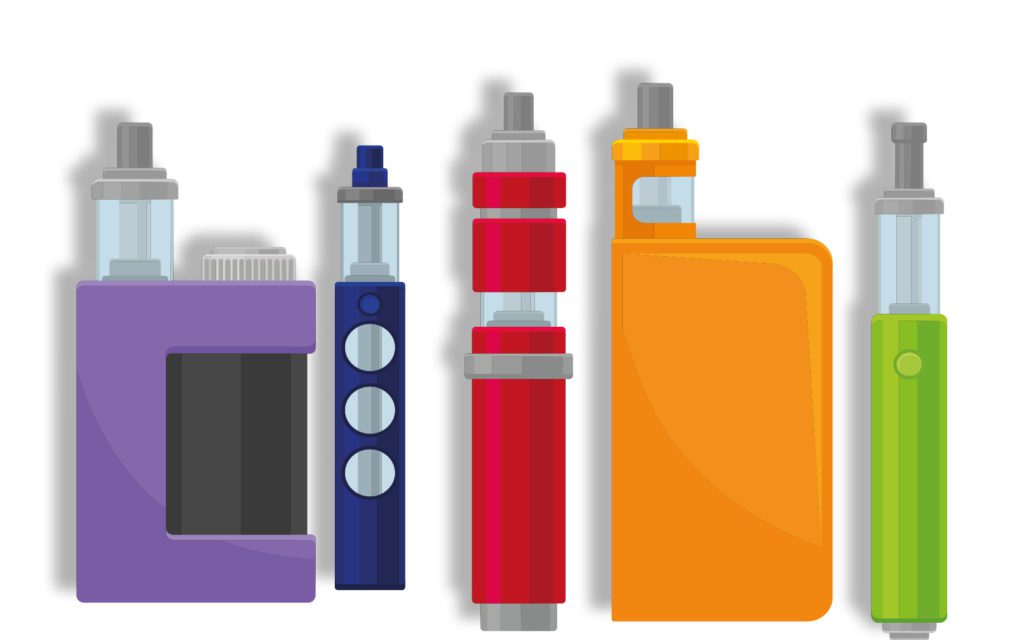
E-cigarettes
E-cigarettes and e-cigarette refills are extremely poisonous to cats and dogs due to their high nicotine level. Although a popular choice for people, arguably, wanting to be healthier, it has led to an increase in pets accidentally being poisoned by them.
Like human medication, pets who have consumed e-cigarette contents must be seen by a vet immediately. The quicker you can get them to us, the less likely it will be life-threatening.
Symptoms include:
- Vomiting
- Diarrhea
- Agitation
- Increased heart rate and breathing rate
- Depression
- Uncoordinated
- Weakness
- ‘Turning blue’ (cyanosis)
- Coma
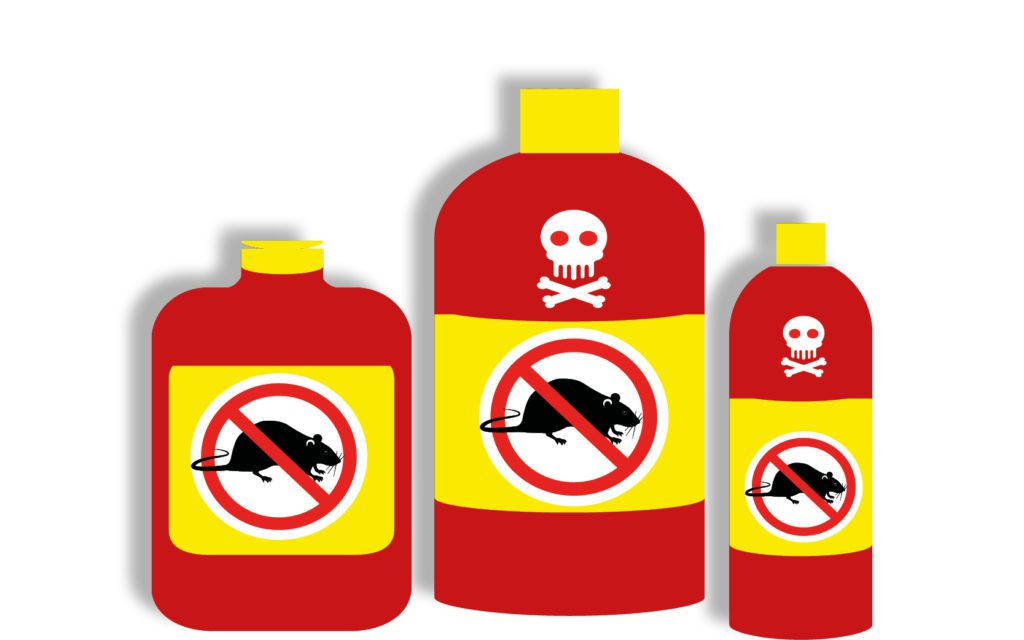
Rat poison
Rat poison is highly toxic to dogs and cats, and sometimes fatal. ‘Anticoagulant’ rat poison is the most common form used in the UK; it stops the blood from clotting, causing the rat to bleed to death. It has no differing effect if your pet eats it.
We do have the ability to treat your pet, providing you get it to us as quickly as possible. We may have to force your pet to vomit by injecting it with a special apomorphine based drug. It can take weeks to ‘flush’ the poison out of the body so your pet will usually have to remain on medication until that point.
Symptoms include:
- Pale gums (all mucous membranes)
- Weakness, tiredness, depression
- Lack of appetite
- Shock and collapse
- Breathing symptoms – cough, difficulty breathing
- Blood in the faeces (they will look black or have obvious blood in them)
- Blood in the urine or vomit
- Lots more but also no symptoms at all!
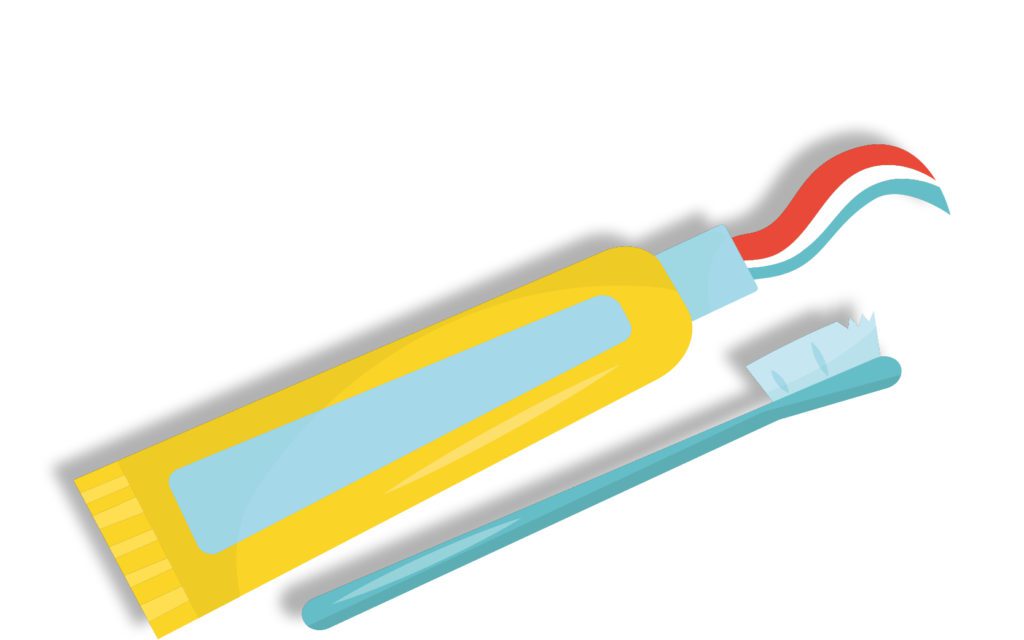
Xylitol
Xylitol is an artificial sweetener that is found in many products such as toothpaste, sugar free chewing gum, mints, supplements (including fish oil) and various other foods.
Consuming small amounts of xylitol, such as a piece of sugar free chewing gum, could cause a sudden (life threatening) drop in blood sugar levels while larger amounts can cause severe liver damage. It is important to get your pet to a vet as soon as possible so that we can maximise the chances of your pet surviving.
Symptoms include:
- Weakness
- Lethargy (tiredness)
- Collapse
- Vomiting
- Tremors
- Seizures
- Jaundice (yellowing most obvious in the whites of the eyes and gums)
- Malaise (no energy)
- Black-tarry stool
- Coma

Chocolate
Both cats and dogs are at risk of being poisoned when consuming chocolate. At the time of this being published, Easter is just around the corner – a prime time for chocolate poisoning. The other time of year we have to keep a close eye is at Christmas. Always keep chocolate out of reach, and if possible, out of sight of pets.
Methylxanthines substances (theobromine and caffeine) are found in chocolate and are highly toxic to pets. The higher the cocoa content, the more toxic, meaning dark and good quality chocolates are most poisonous. Even good quality milk chocolate can have up to 65% cocoa!
Symptoms include:
- Vomiting – may even include blood
- Diarrhoea
- Breathing rapidly
- Restlessness
- Hyperactivity
- Increase heart rate and breathing rate
- Rigid muscles
- Incoordination
- Seizures
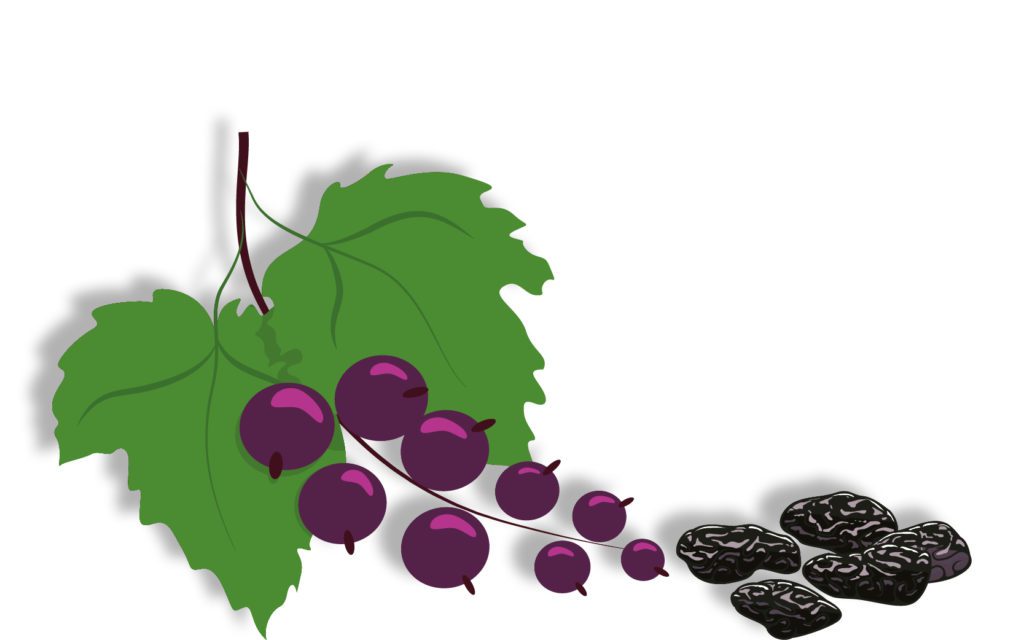
Grapes, currants, sultanas & raisins
We are not sure what exactly causes dogs and cats to have kidney failure or die from consuming grapes, currants, sultanas and raisins, but we do know the level of toxicity is different for each pet. Cooked raisins are no less toxic either; hot cross buns, fruit cake, natural snack bars and other foods containing raisins are just as poisonous. It’s best to keep them out of reach and sight.
Symptoms include:
- Vomiting and diarrhoea (possibly with blood present)
- Excess salivation/slobbering
- Poor appetite
- Increased drinking/urination
- Weakness/wobbly when walking
- Lethargy/tiredness
- Bad breath
- Dehydration
- Blood in the urine
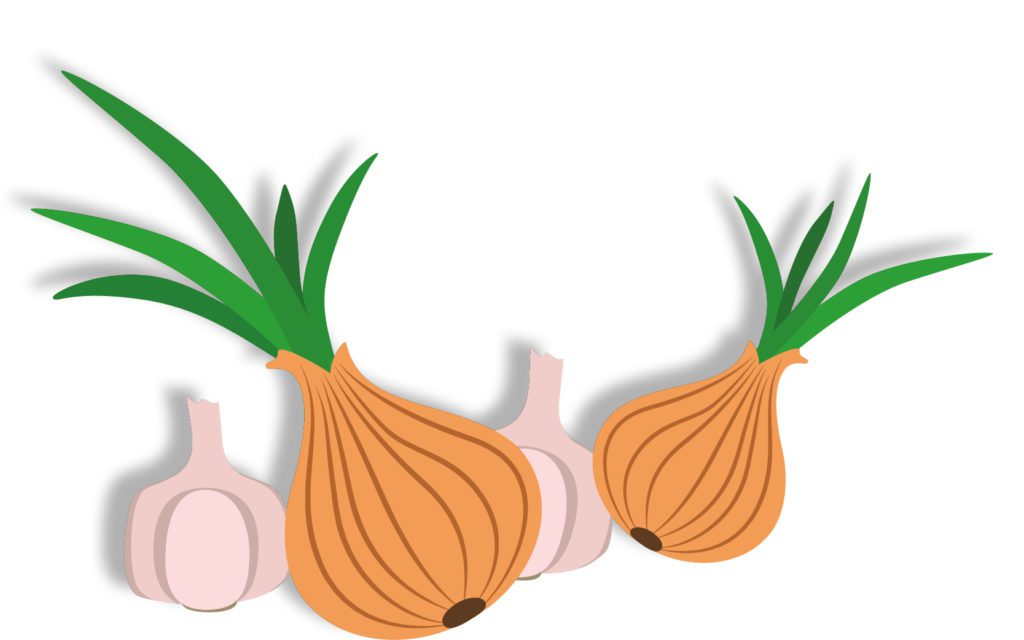
Onions, garlic, leeks & chives
Onions, garlic, leeks and chives are all poisonous to dogs and cats. These foods cause anaemia (low red blood cells) and other problems with blood cells. This includes ground, pill and salt versions of these foods. Even the tiniest amount ingested (0.5% of a dog’s bodyweight) can result in poisoning. Japanese dog breeds and cats are even more susceptible to poisoning.
Symptoms include:
- Smell of the food on the breath
- Pales mucous membranes (gums, inside of eyelids etc)
- Lethargy/tiredness
- Increase breathing and heart rate
- Vomiting
- Reduced appetite

Plants and Flowers
We love to decorate our gardens and homes with a large variety of plants and flowers. They’re not something we as humans generally consume and are therefore unaware of the toxicities of each plant species. Our cats and dogs however are within eye-line of plants and flowers and are much more likely to want to consume them.
A non-exhaustive list of plants & flowers poisonous to dogs:
Aconitum, Amaryllis bulbs, Asparagus fern, Azalea, Cyclamen, Daffodil bulbs, Day lilies, Delphiniums, Foxgloves, Hemlock, Hyacinth, Hydrangea, Ivy, Laburnum, Lily of the valley, Lupins, Morning glory, Nightshade, Oleander, Rhododendron, Rhubarb leaves, Sweet pea, Tulip bulbs, Umbrella plant, Wisteria, Yew.
A non-exhaustive list of plants & flowers poisonous to cats:
Amaryllis, Autumn Crocus, Azaleas and Rhododendrons, Castor Bean, Chrysanthemum, Cyclamen, English Ivy, Kalanchoe, Lilies, Marijuana, Oleander, Peace Lily, Pothos, Sago Palm, Spanish thyme, Tulip and Narcissus bulbs, Yew.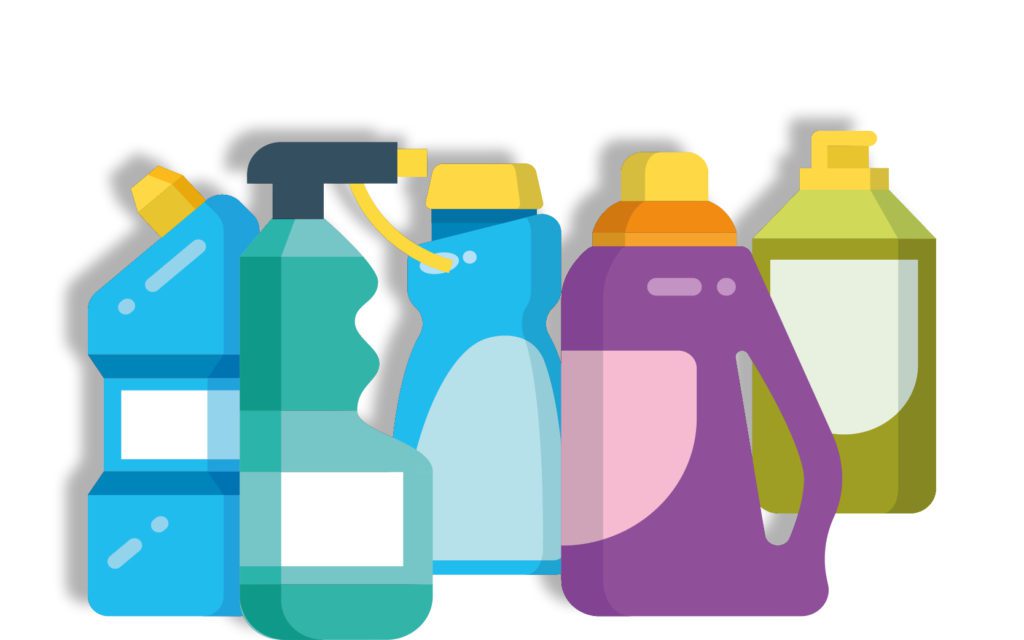
Antifreeze, coolant & motor oil
Antifreeze, radiator coolant, motor oils, hydraulic brake fluid, paints, solvents and photography developing solutions all contain ethylene glycol. It is so toxic that just one teaspoon can kill a cat and cause kidney failure in a dog. The sweet smell of antifreeze is very attractive to pets and every precaution should be taken to keep it away from prying paws. 12 to 24 hours after ingestion the pet can start to look better, but this is usually followed by more extreme symptoms. Get your pet to a vet immediately.
Symptoms include:
- Drunken-like behaviour
- Incoordination
- Excessive drinking or urination
- Drooling, vomiting
- Panting
- Sedation/depression
- Halitosis (bad breath)
- Lethargy/tiredness
- Lack of appetite
- Seizures
- Coma
- Acute kidney failure
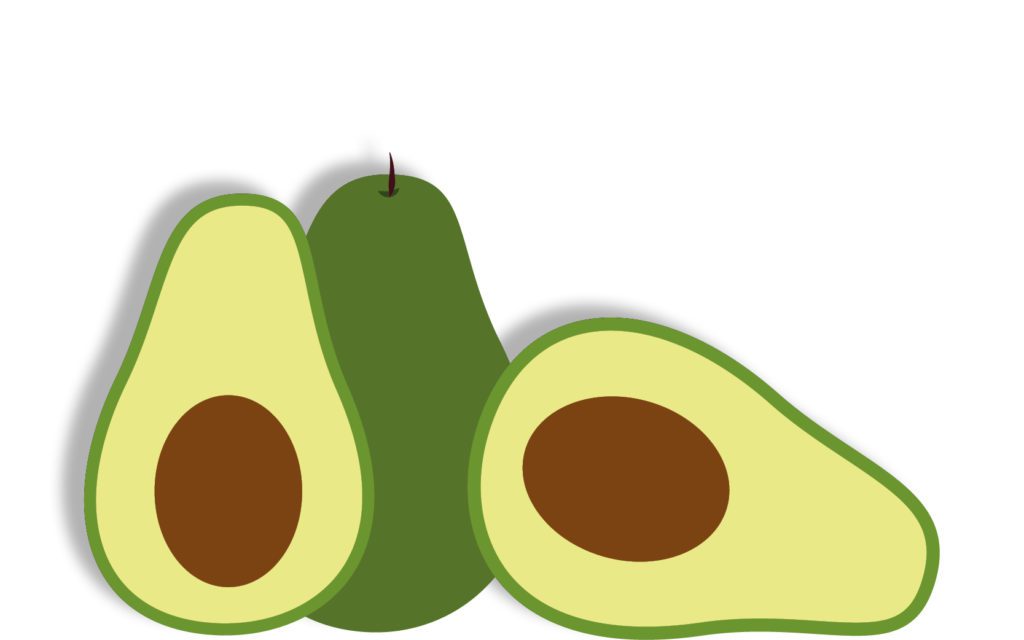
Avocado
While toxicity levels of avocado are low, the avocado pit can cause severe obstruction. Chewed or swallowed whole, parts of the avocado pit can find it’s way through the digestive system, causing blockages. Digesting avocado pits is very difficult and usually results in surgery to remove them.
Symptoms include:- Vomiting
- Diarrhea
- Abdominal pain
- Difficulty producing stool

Cleaning products
As a general rule for all cleaners, they should be out of reach from both pets and children. Children have been known to feed laundry pods as treats by accident. The symptoms of poisoning vary massively depending on what has been consumed. From mild stomach upsets to breathing problems and severe, life-threatening internal burns, you should get your pet to a vet immediately. Bring the packaging of what you think your pet has consumed with you to give us the best chance of treating your pet.
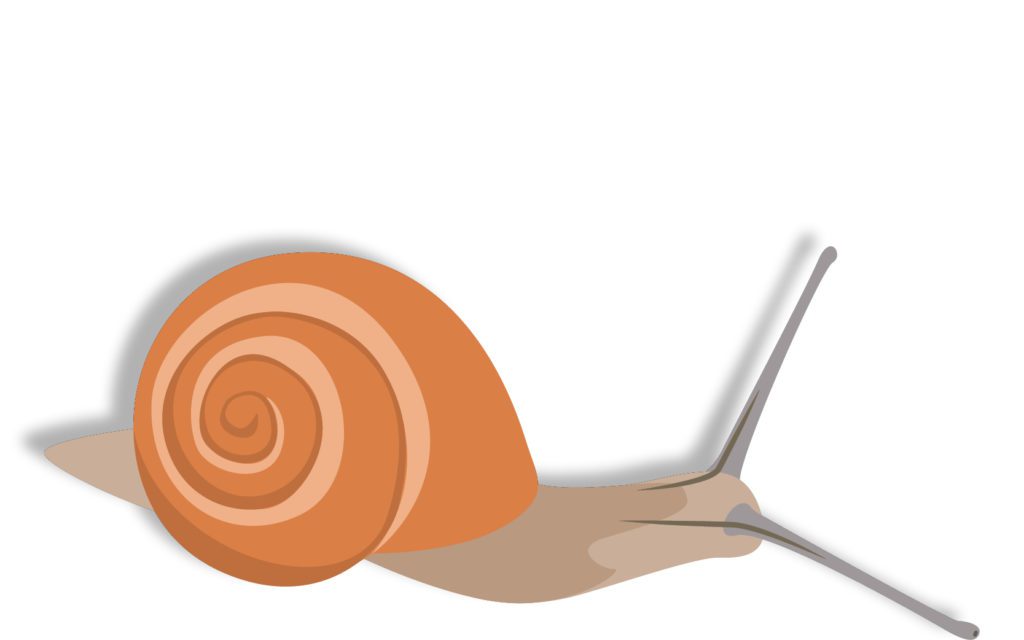
Slug killer
Metaldehyde is the toxic ingredient found in slug pellets, liquid and powder. Usually sweetened, which is attractive to pets, metaldehyde is converted in the body to acetaldehyde which effects the nervous system.
Symptoms include:
- Muscle tremors/twitching
- Lack of coordination
- Anxiety
- Drooling
- Panting
- Vomiting
- Seizures
- Hyperthermia (dangerous increase in body temperature)
- Uncontrolled blood clotting (a condition called disseminated intravascular coagulation or DIC)
- Multiple organ failure
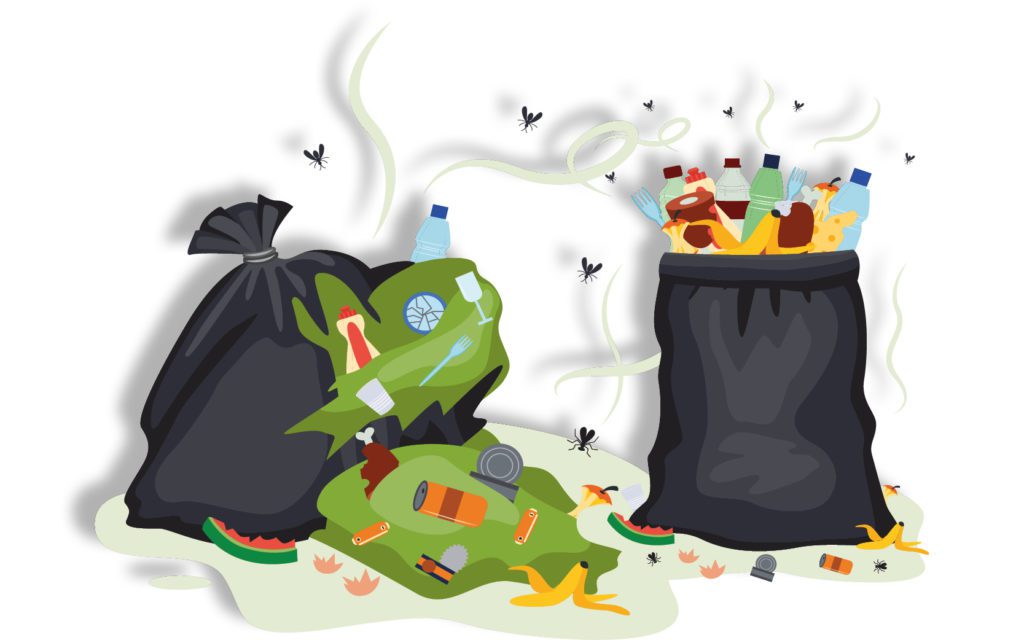
Mycotoxins
Mycotoxins present in mould are highly poisonous to pets and even deadly. Bins, food waste and compost heaps should be secured and out of reach of pets. Discarded food and open bins are a risk when dog walking so try to keep an eye on your pet as they roam freely. Just licking the inside of a bin that contains mould can cause problems and it has led to deaths in the past.
Symptoms include:
- Muscle tremors
- Seizures (fits)
- Panting
- Hyperactivity
- Vomiting
- Uncoordinated movements
- Weakness
- Dehydration
- Lack of appetite
Speak with a qualified vet...
The staff at Mount Vets are here to help with any questions you may have on pet poisons. We can quickly help you determine if your pet requires treatment from a member of our vet or nurse team..
Please call: 01823 662286
References (proof-read by our vets): https://www.tvm-uk.com/common-pet-poisons-2/#1500975141623-5474f46e-7a25
